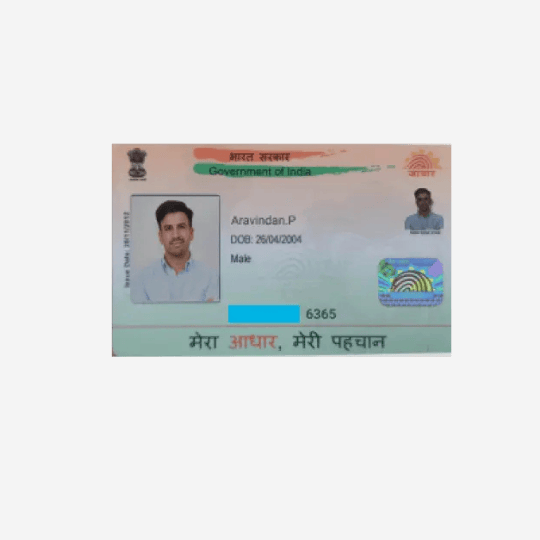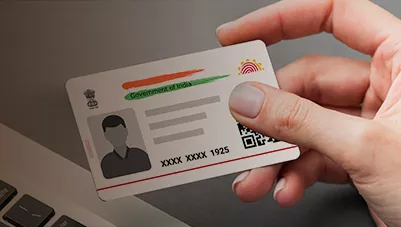What Prompted UIDAI to Introduce the Masked Aadhaar?

Aadhaar has become the foremost proof to claim that an individual is an Indian citizen. However, when you share your Aadhaar number for any transaction, it implies that you have given them access to your personal details. There arises a serious concern of misuse of crucial information. Many cases of data breaches have been reported, making citizens lose trust in the Unique Identification Authority of India (UIDAI) system. The government took this into account and created a different version of Aadhaar: Masked Aadhaar.
A Documentation of Public accessibility of Aadhaar Numbers with Sensitive Personal monetary Information’, associate degree calculable variety of around one hundred thirty – a hundred thirty-five million Aadhaar numbers were leaked in 2017 from four government portals. These contain the National social insurance Programme, and the National Rural Employment Guarantee Scheme, in addition to two websites of the province government. Further, the CIS declared that the information leak was principally because of the absence of correct masking measures. This had publicly disclosed sensitive information about Aadhaar holders, which included their addresses, photographs, and financial data. A valid Aadhaar number is a key to open multiple levels of locks to sensitive information that is very critical to an individual.
How and When to Use the Masked Aadhaar?
The masked Aadhaar card will be utilized in place of the regular Aadhaar card for transactions at most non-public and public institutions within the country. For example, you'll be able to offer masked Aadhaar for e-KYC functions wherever it's not necessary to share the soft copy or a photocopy of your Aadhaar card.
The purpose behind the idea of masked Aadhaar is to provide limited visibility to third-party enterprises where Aadhaar is to be used as identity proof. This way, you let the third party check your photograph on your covert Aadhaar card and also the last four digits of your Aadhaar number. They will not be able to store the entire Aadhaar number or get access to crucial information linked to the number. Isn’t this a more secure way of dealing with your daily life transactions?
On the other hand, you may not be able to use the masked Aadhaar card to apply for any government welfare schemes such as Pradhan Mantri Awas Yojana, or Pradhan Mantri Ujjwala Yojana, LPG subsidies, and to open bank accounts. In such cases, you've got to supply the whole twelve-digit Aadhaar number to avail the advantages of the schemes.





